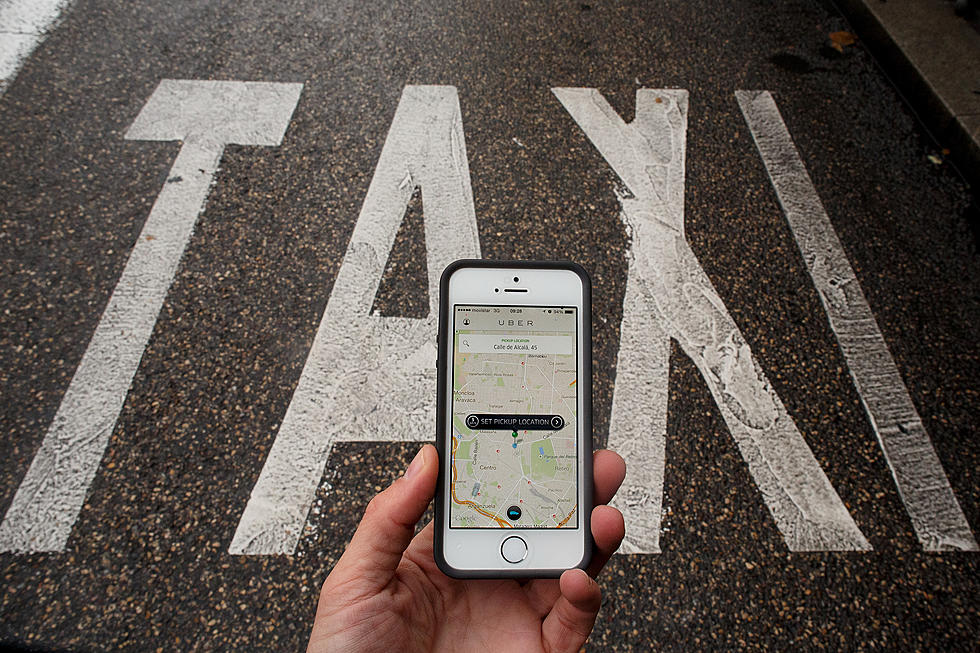
7 High-Paying Jobs You Can Get Without a Degree
Increasingly, people are learning that a four-year college education doesn’t always pay. You can spend upwards of $100,000 to get some letters after your name and still end up jobless, or in a job that doesn’t pay enough to cover your school loan payments. That’s probably why nearly 70 percent of the American workforce doesn’t hold more than a high school diploma. But you don’t necessarily need a degree to make good money.
The Bureau of Labor Statistics has said that 30 percent of the 47 million jobs that will be added to our economy by 2018 won’t require more than an associate’s degree, vocational certification or merely a high school diploma. They released a list of 300 job areas that don’t require a four-year degree, but where you can still make more than the US median income.
These seven jobs pay well over the average income in our country (which is about $41,000 a year) and you won’t need more than a high school education to get them. Some of the jobs require certification, on-the-job or apprentice training, but none of them require you to invest tens of thousands of dollars and years of your life in education before you begin earning a good wage. A lot of these jobs even pay as you’re learning, which really beats that oh-so-smart Ivy League education people are always bragging about.
Insurance Sales ($47,000–??)
Being an insurance salesman is a job that gets a lot of flack in television and movies, but really it’s something you can do with only a small amount of training and licensing. There are courses to take and testing to complete, but once that’s done, you could be running your own business or working for an independent firm and determine your own income based on how much you sell. You have the freedom to control your fate and work to make as much commission as you want, while also having the pleasure of helping people get the types of products they need with personalized service. It’s a growing industry that can sustain a lot of workers.
Loan Officer ($56,000)
As a loan officer your job would be to evaluate, authorize or recommend approval of loan applications. It’s a job that requires only a high school diploma and can net you a decent living pretty quickly. The BLS predicts an addition of about 115,000 jobs through 2020, so there’s definitely a demand to meet. Yes, the mortgage industry has been through some turmoil, but new regulations have cleaned it up. And, banks and credit unions will always need people on staff to give out loans to individuals and businesses.
Electrician/Power Line Installer ($50,000–$58,000)
Service industries are great for independent working, on-the-job training and making big bucks without spending big bucks on over-priced education. A job as an electrician, or even as an electrical or power line installer or power plant operator can boost you into the next tax bracket. With some certification courses and testing, you can start your career in a short amount of time and work your way into a decent living. Some electricians can even start making money right away in apprenticeships. Tens of thousands of jobs will be added in this industry in the coming years as commercial and residential construction continues to grow. The same can also be said for plumbers, who are always in demand and can often be quite successful with their own businesses.
Telecommunications Equipment Installer ($55,000)
As communication technology changes, new methods of transmission are being installed all the time. As a telecommunications equipment installer, you can start earning a hefty paycheck after only a brief time spent in trade school or in a certification program. Every time a new office complex goes up, installers are needed to get that building wired for communication. This is an industry that’s expected to have at least 15 percent growth over the next five to seven years. If even the minor task of setting up your stereo system sounds like more of a dream than a nightmare, forget going into debt at a university and consider getting certified as a telecommunications specialist.
Insurance Appraiser or Claims Adjuster ($56,000–$58,000)
You won’t be able to go straight from graduation to claims adjusting, but with some certification courses and post secondary, non-degree award, you can make almost 40 percent over the median income in the U.S. As an insurance appraiser or claims adjuster, you will evaluate insurance claims and determine what compensation is fair. And, you don’t need job experience to start earning. In an industry that’s already in demand, there will be thousands of jobs added over the next several years.
Commercial Pilot ($67,000)
If you like to travel, have always wanted to learn how to fly and don’t feel like wasting four years of your life to pay a lot of money for a piece of paper to hang on your wall, you should think about being a commercial pilot. The industry is expected to grow by at least 20 percent in the next few years, and you don’t need a degree to become a well-paid pilot. You need to go to flight school and get a license, which means you’re looking at obtaining a postsecondary non-degree award, but you won’t have to sacrifice years of your life and tons of money to do so. If you’re near a major airline hub, like Dallas, Phoenix or Houston, you have a very good chance of a long and financially secure career as a pilot without a college degree.
Detective or Criminal Investigator ($68,000)
You see advertisements on mid-afternoon and late-night television for criminal justice courses all the time and perhaps you should be considering them more seriously. Even without a four-year degree a detective or criminal investigator can make in the neighborhood of $68,000 a year. And, depending on where you want to work, you don’t need a post-secondary degree at all. With some on-the-job training and a stint at a law enforcement academy, you can be looking down the road of a long, and likely interesting career as an investigator for local, state or even the federal government.
More From Praise 93.3









